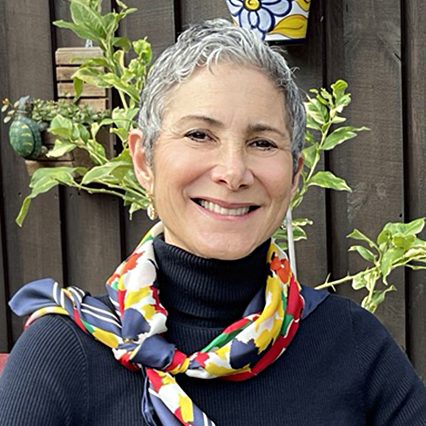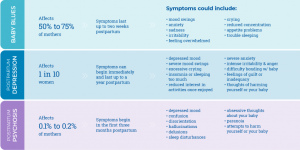
[vc_row][vc_column][vc_column_text]
me vulnerable, someone who also needed them. My cancer brought us together as family, each took a part giving a helping hand and heart. We learned that “it takes a village”, we are a team, I am not alone.
an unstoppable locomotive working long hours and remarkably close to patients and therapists. My passion to support and guide with my experience would often last from dawn to midnight.
It was only during my treatment, when I could no longer really work as much as I liked, and with the suggestions from my family, that I transferred much of my knowledge and expertise to others by hiring supportive supervisors and creating trainings through video. This proved to be a very effective endeavor, allowing me to help more people through an online platform, successfully treating, consulting therapists and patients and completing therapy-based projects to reach patients globally.
[/vc_column_text][vc_row_inner css=”.vc_custom_1629387752423{border-bottom-width: 10px !important;padding-top: 20px !important;}”][vc_column_inner width=”1/6″][/vc_column_inner][vc_column_inner width=”2/3″][vc_column_text css=”.vc_custom_1629386826543{margin-right: 10px !important;margin-left: 10px !important;padding-top: 30px !important;padding-right: 30px !important;padding-bottom: 30px !important;padding-left: 30px !important;background-color: #edf7de !important;}”]
My Cancer… My Blessing: A New Beginning
Like tiny particles of sand whirling into the gusts of air
each one landing to form a fresh blanket a new surface.
My Cancer… My Blessing.
Like a lightning bolt spitting a tree
and a new sprout grows in its place.
My Cancer… My Blessing.
Like a train full speed ahead
stopping before a fatal crash.
My Cancer… My Blessing.
Like a Harsh winter’s snowstorm
before the new day of spring.
My Cancer… My Blessing.
A New Beginning.
Amee Cohen
[/vc_column_text][/vc_column_inner][vc_column_inner width=”1/6″][/vc_column_inner][/vc_row_inner][vc_column_text]If I could give you some advice, these would be it:
1. Listen to your mind and body. If you feel something is not functioning as it is supposed to, do not wait. Contact your physician.
2. Don’t stress over small problems. If you can only count to 10 and take deep breath, there is always a calm solution.
3. Be grateful. Practice looking at everything as a miracle, even in tiny simple things like feeling the breeze on your face, opening your eyes in the morning, or hugging your child.
4. Build meaningful relationships. Work is important but the people around you are paramount.
5. Have a purpose. No matter what you do, make your career about touching people’s lives.
You can also find us on our Social Media Channels: Instagram | Facebook | Twitter
We look forward to helping you and your family through your wellness journey![/vc_column_text][/vc_column][/vc_row]

